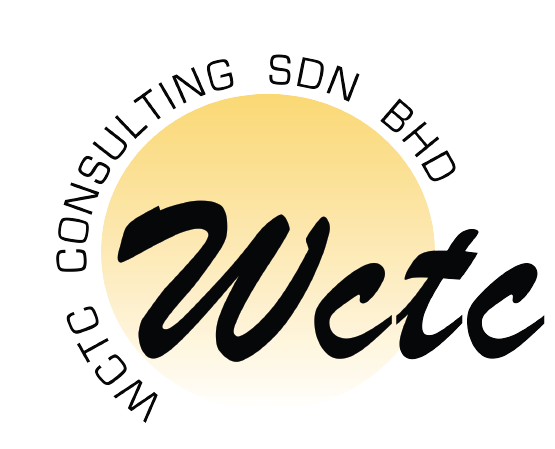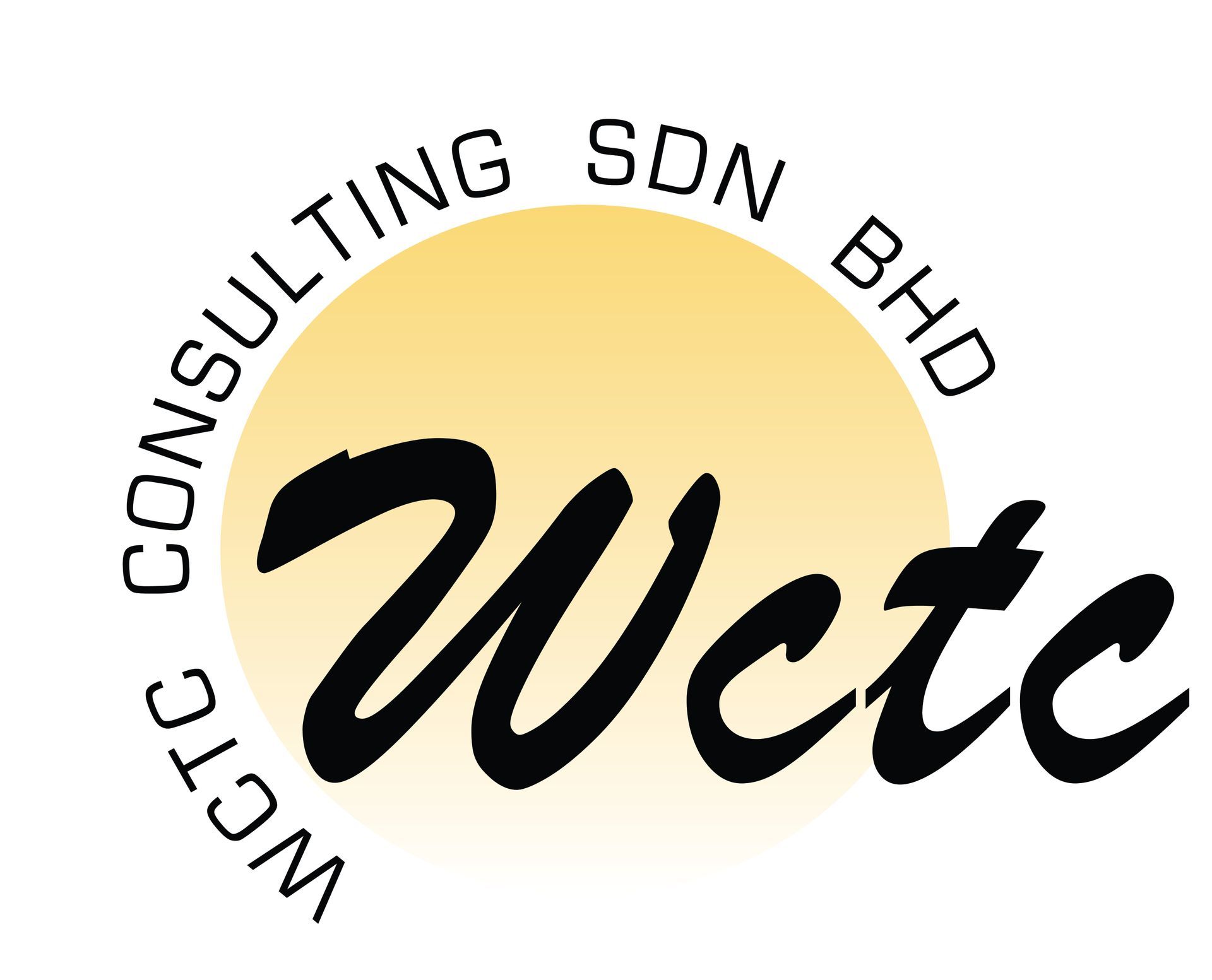OVERVIEW
In the dynamic world of modern business, finding the right talent is more than just filling positions—it's about matching the right people to the right roles to drive organizational success.
Talent matching is the strategic process of aligning candidate capabilities with organizational needs, optimizing both performance and employee satisfaction. By focusing on the best fit for job roles, cultural alignment, and values, effective talent matching ensures that employees are not only qualified but also integrated seamlessly into the company’s environment.
Talent matching for talent management can be time-consuming, often involving thousands of applicants. To manage this, recruiters increasingly rely on AI and sophisticated candidate matching technology. Providers claim these systems enhance efficiency by automating the initial screening, which traditionally bottlenecks the hiring process. This can reduce screening time by 88%, with only about 12% of applicants meeting the criteria. Despite these benefits, AI's role in candidate matching has its limitations, and human judgment remains essential for final hiring decisions.
Effective talent matching enhances organizational performance by ensuring that employees are well-suited for their roles, leading to increased productivity, engagement, and job satisfaction. It also fosters higher employee retention by placing individuals in positions where they are likely to thrive.
This comprehensive training program delves into the critical aspects of talent matching, from understanding organizational needs to defining job roles and competencies, and from leveraging technology in a distributed work environment to ensuring cultural and values alignment. By mastering these strategies, you'll enhance your ability to build high-performing teams, foster employee satisfaction, and ultimately elevate your company's performance.
PROGRAM HIGHLIGHTS
- IMPROVE Ability to Identify and Attract Top Talent
- GAIN Better Candidate Experience and Satisfaction
- ENHANCE Skills in Assessing and Selecting Candidates
- INCREASE Efficiency in Recruitment Sourcing, Screening and Selection
- STRENGTHEN Alignment Between Employee Capabilities and Organizational Needs
- IMPLEMENT Strategies to Attract a Diverse Range of Candidates
- ENSURE That New Hires Align with and Enhance The Organizational Culture
- UNDERSTAND Talent Matching to Improve Organization Performance

Other Workshops:




